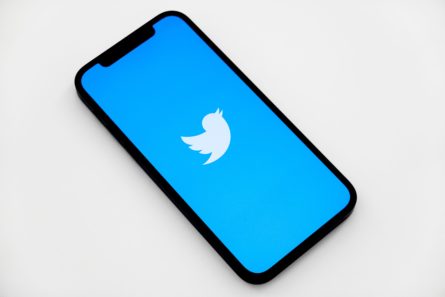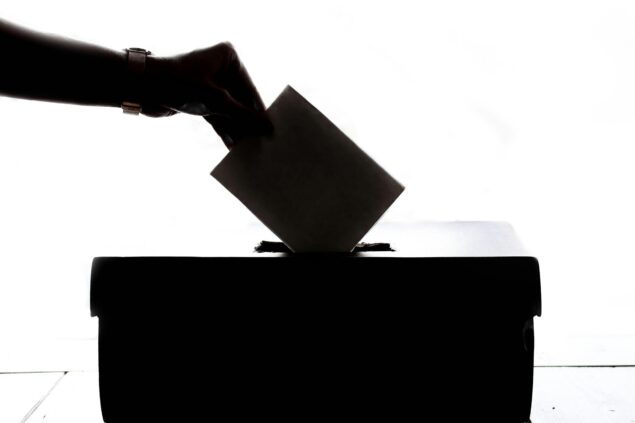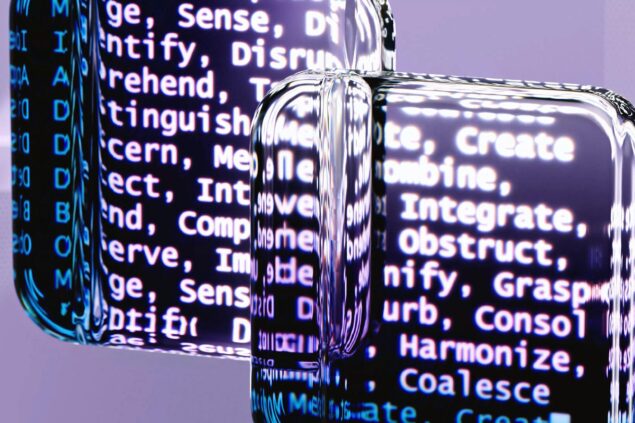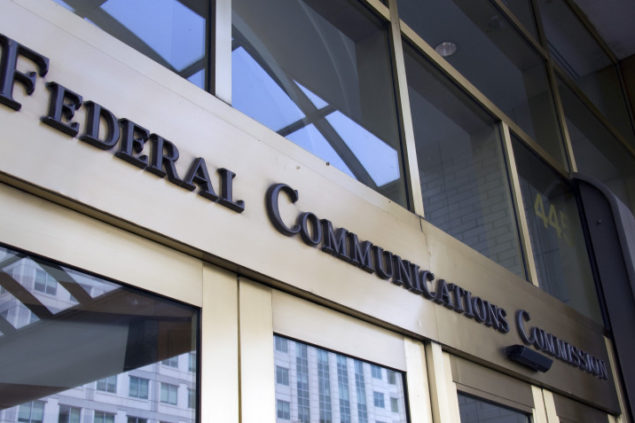Can Social Media Companies Censor Lawmakers’ Accounts?
Brent Skorup

Two trends in social media law and policy are headed for conflict:
-
Aggressive takedowns of lawmakers’ social media accounts and content
-
Courts finding that lawmakers’ social media accounts are public forums
In an April 2021 decision by the Supreme Court to dismiss a First Amendment lawsuit against Presidents Trump and Biden on procedural grounds, Justice Clarence Thomas raised a provocative constitutional question in a concurring statement:
“Respondents have a point, for example, that some aspects of Mr. Trump’s [Twitter] account resemble a constitutionally protected public forum. But it seems rather odd to say that something is a government forum when a private company has unrestricted authority to do away with it.”
In recent months, social media companies have aggressively policed prominent lawmakers’ accounts for violations of social media companies’ terms of service. This includes Sen. Rand Paul, Rep. Thomas Massie, Gov. Ron DeSantis, and, of course, President Donald Trump. Some lawmakers have seen their accounts suspended or banned. Others have had their posted content removed or, in the case of Rep. Massie, Twitter removed his ability to read Twitter users’ comments to his controversial tweet (These are simply the most reported-on examples that I’m familiar with. There may be some left-of-center examples I omitted, but the legal analysis below is the same).
Coinciding with this newsworthy development, judges are increasingly recognizing lawmakers’ and government agencies’ social media feeds and pages as “designated public forums.”
First, a word about designated public forums, which are essentially “free speech zones” in the real (non-internet) world. In the physical world, these are typically property closed to the public or private property that, by government designation or by custom, are free speech forums where the government is bound by the First Amendment.
A real-world example would be a city council holding a public meeting in a church hall. The church hall is a designated public forum during the public meeting. Clearly, the city council can’t censor speakers or reject participants. However, I suspect – and Justice Thomas’ comments are suggestive of how a court would rule – neither can the church leaders. The meeting is on private property, but the public (if temporary) nature of the meeting means the First Amendment binds the church. If private venue owners were not subject to the First Amendment when they offer their property for public proceedings, government actors could simply outsource censorship of public hearings and regulatory proceedings via private venue selection.
Turning back to the digital world, here are the five social media public forum cases I’ve come across, all since 2019:
The 2nd Circuit, in Knight Institute v. Trump, deemed the “interactive space” beneath President Trump’s tweets a “designated public forum,” which meant that “he may not selectively exclude those whose views he disagrees with.” For the 2nd Circuit and any courts that follow that decision, the “interactive space” of most public officials’ Facebook pages, Twitter feeds, and YouTube pages seem to be designated public forums.
A federal district court in Florida concluded in Attwood v. Clemons that public officials’ “social media accounts are designated public forums.”
A federal appellate court held in 2019 that “a governmental social media page—like [a municipal official’s] Facebook Page—constitutes a public forum.”
A Wisconsin court rejected the argument that, because Twitter is private property, it cannot be a public forum. The court held that “the interactive portions of [lawmaker’s] respective Twitter accounts plainly constitute designated public forums.”
When school district officials in Wisconsin deleted a woman’s comments from the school district’s Facebook page, a state court enjoined the comment deletions, holding that the district Facebook page is a designated public forum.
The Knight Institute has likewise sued Texas Attorney General Paxton for blocking users and claimed that his social media feed is a designated public forum. It’s clear more courts will adopt this rule.
These cases raise the question: Can private actors censor content on designated public forums?
The answer seems to be no. If courts progress down this path, social media companies may one day be severely limited in moderating lawmakers’ social media accounts.
The immediate upshot of each of these lawsuits is that public officials and public institutions (like school districts) can’t censor a social media page that is a public forum. The flipside of these cases that no one has seemed to discuss is that private actors can’t censor a designated public forum either.
Deeming social media pages public forums essentially creates a “free speech zone” for public officials’ social media feeds. Public forum analysis is a complex area of law and it’s possible that courts could find a way out of this conundrum. For now, though, courts are rapidly adopting this approach, and could ultimately force social media companies to change their censorship policies for public officials.

Topic
The Federalist Society and Regulatory Transparency Project take no position on particular legal or public policy matters. All expressions of opinion are those of the author(s). To join the debate, please email us at [email protected].



